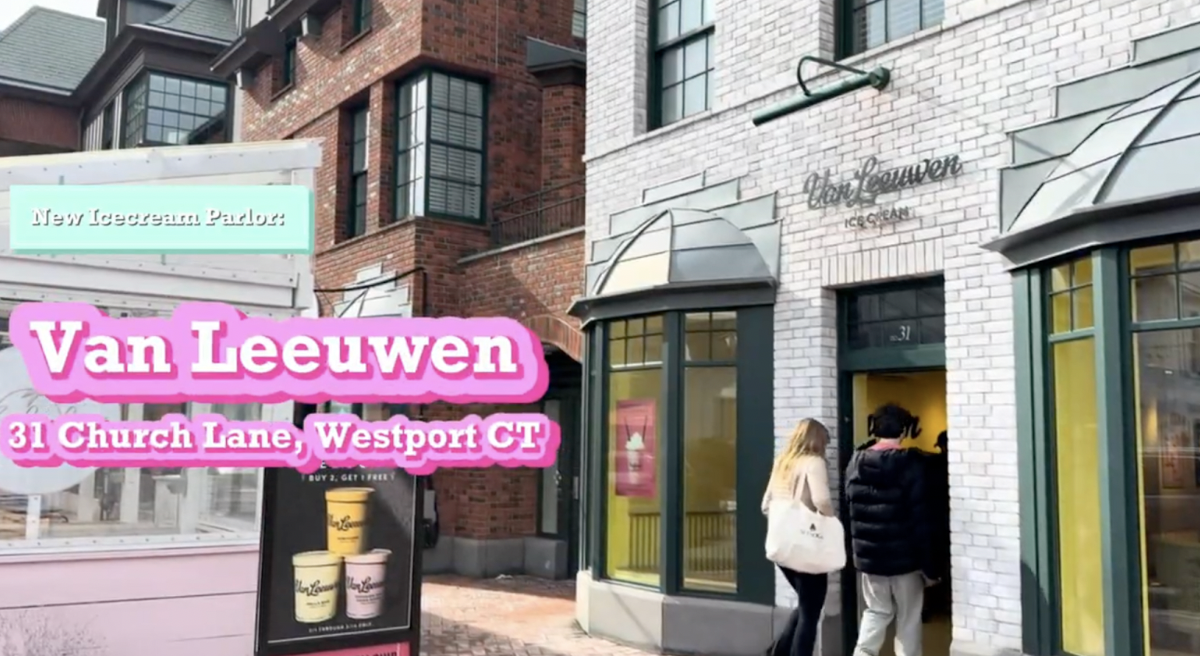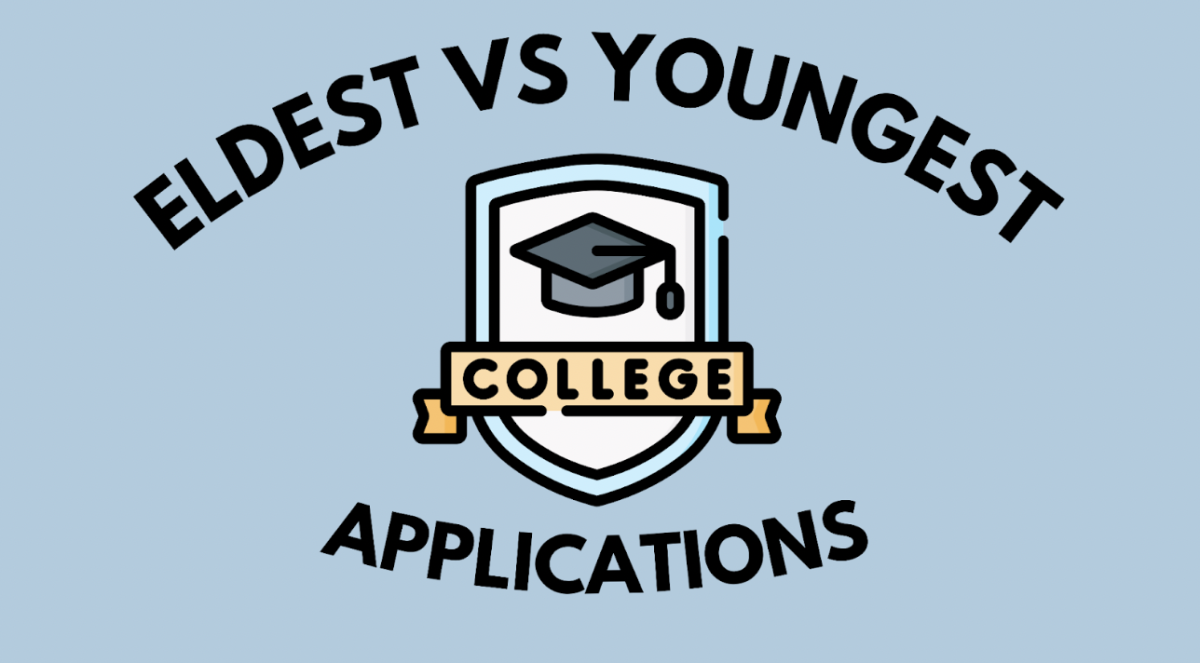I am tired. A lot.
When I wake up in the morning it can sometimes be a genuine challenge to force myself out of bead. However, after two minutes or so of contemplating if it would truly be that bad to lay in bed for another hour or so, I inevitably get myself up, and ready myself for school.
My wake-up routine might seem familiar to the majority of Staples Students that do not get enough sleep. While many tired students pour coffee down their throats to alleviate this fatigue, I do not.
My reason for this ‘abnormal’ behavior is simple, I don’t like the way coffee tastes. Though there are nearly an infinite number of coffee containing beverages, espresso, latte, cappuccino and mocha just to name a few, it all tastes like bitter water to me.
My problem with with coffee concerns more than just the taste – thats why people don’t eat vegetables – but unlike vegetables, coffee is not good for my health.
According to an article about the effects of caffeine by the Mayo Clinic, a website where medical professionals answer health related problems, consuming more than four cups a day is not healthy. Though I question the sanity of anyone who consumes such a large quantity of coffee, this applies to mare than a few Staples students I know.
“Heavy daily caffeine use — more than 500 to 600 mg a day — may cause: insomnia, nervousness restlessness, irritability, stomach upset, fast heartbeat and muscle tremors,” the article stated. Well it certainly seems like tiredness won’t be an issue anymore!
The article goes on to explain how even a little bit of coffee can make one jittery. While this may not seem like a serious side effect to all, a teacher of mine told me about a college student who drank coffee for the first time after not sleeping the previous night to study for an exam. This student became so jittery that he could not write legibly, and failed the test.
Additionally, according to Roland Griffiths, a professor in the departments of psychiatry and neuroscience at the Johns Hopkins School of Medicine, caffeine is an addictive substance.
“People are hesitant to think of it as a drug of addiction because it doesn’t have a lot of the health and adverse social consequences associated with our classic drugs of addiction, yet the basic mechanisms by which it hooks people are very much like our classic drugs of addiction,” he said in an interview with US News.
According to Griffith, people who become addicted to caffeine can become depressed, lethargic and headachy until they have a cup of coffee, all symptoms of withdrawal. I’m starting to feel like my distaste for coffee might be a blessing, not a curse.
Then there is the fact that consuming caffeine usually leads to a crash a couple hours later.
According to an article by Dani Veracity on NaturualNews.com, consuming caffeine can actually lead to feeling more tired.
“Just a few hours after consumption, when the artificial high dies down, many people may reach for more coffee or something sugary to get another lift, leading to daily fluctuations in energy and alertness, and possibly to eventual chronic adrenal exhaustion,” Veracity stated.
I don’t know about you, but I’m having trouble seeing the point to drinking something in order to wake me up if I am just going to feel even more tired a few hours later.
So what do I do to alleviate those dreadful tired hours in the morning? I grumpily groan and mumble my way through the first half hour or so of school, and then I’m awake…until it starts all over the next morning.
For an alternative viewpoint, click here.












































